Australia Day
Australia Day, celebrated annually on January 26, marks the arrival of the First Fleet at Port Jackson in 1788, led by Captain Arthur Phillip. It is a day of national pride for many Australians, featuring barbecues, fireworks, and cultural celebrations. However, the date is controversial for many Indigenous Australians, who refer to it as “Invasion Day” or “Survival Day,” as it marks the beginning of European colonization and the start of significant suffering for Indigenous communities.
While some Australians view the day as a time to celebrate their country’s history, culture, and achievements, others advocate for changing the date to one that can be embraced by all Australians. The debate continues to spark discussions on reconciliation, historical memory, and the acknowledgment of the rights and experiences of Indigenous peoples.
Australia Day is not just a celebration of the nation’s achievements but also an opportunity for reflection on its past. While many Australians participate in festivities such as barbecues, concerts, and sporting events, there is a growing conversation about the impact of colonization on the Indigenous population.
For many Indigenous Australians, January 26 represents the day their ancestors’ lives were upended by European settlement. The day calls attention to the ongoing struggles faced by Indigenous communities, including issues related to land rights, health, and cultural preservation. Calls for a “Voice to Parliament” and constitutional recognition of Aboriginal and Torres Strait Islander peoples have become central themes in the conversation about Australia Day.
As the nation continues to grapple with its complex history, Australia Day serves as a reminder that national unity should be inclusive and respect the diverse histories that shape the country today.
Australia Day is more than just a public holiday—it’s an opportunity for Australians to celebrate their unique identity, culture, and diverse way of life. From the iconic beachside barbecues to the prestigious Australia Day Honours, the day brings the nation together in a shared expression of national pride.
The day is marked by the Australian of the Year award, which honours individuals who have made significant contributions to the country, and other events that showcase Australia’s multicultural fabric. Traditional performances, local festivals, and parades highlight the contributions of different cultural communities, while sporting events like the Sydney to Hobart yacht race provide an exciting spectacle for Australians to cheer on.
Yet, the celebrations are accompanied by a broader conversation on what it means to be Australian in a multicultural society, especially in a country with a complex colonial past and a vibrant Indigenous heritage. This ongoing dialogue ensures that Australia Day remains a significant, though sometimes contentious, moment of national reflection.
Source; website









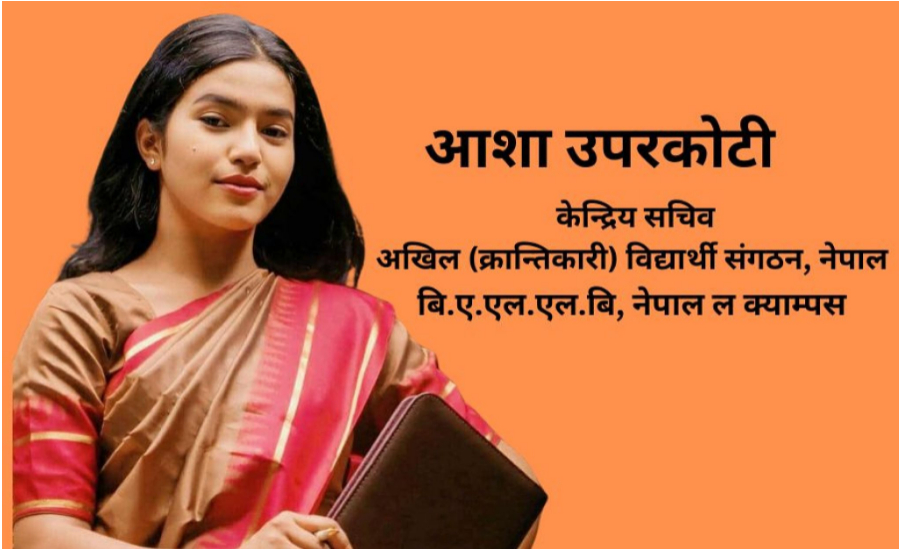

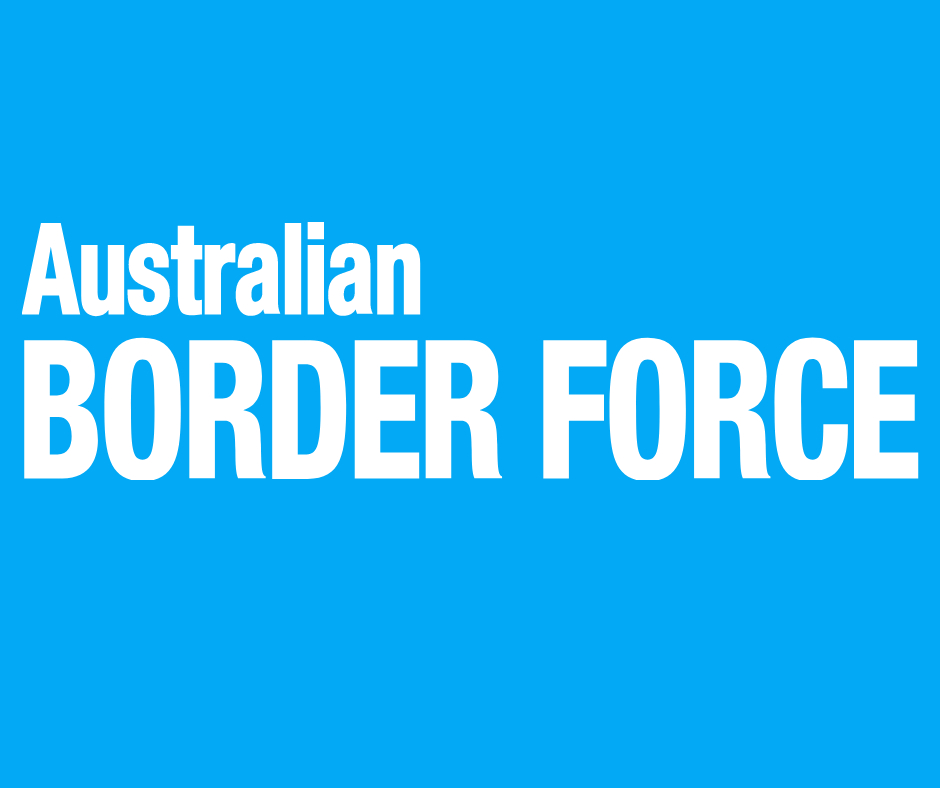
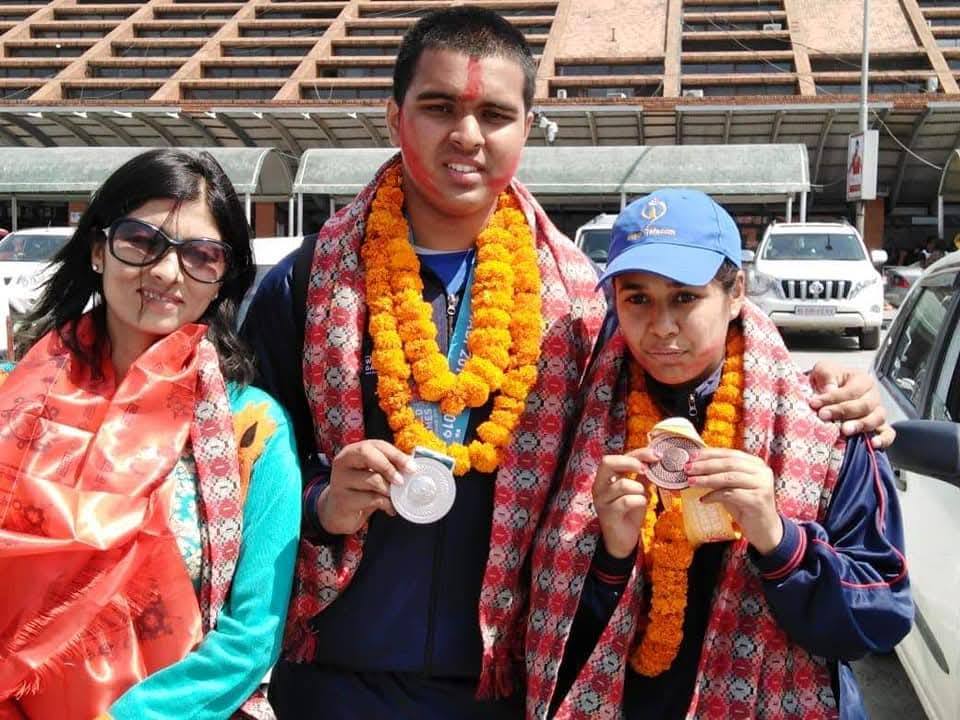



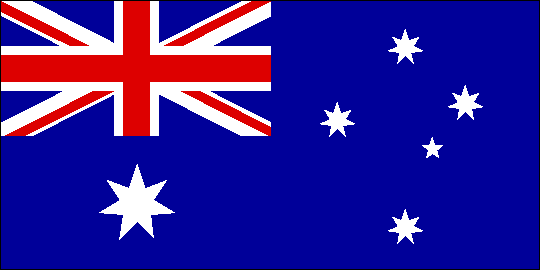
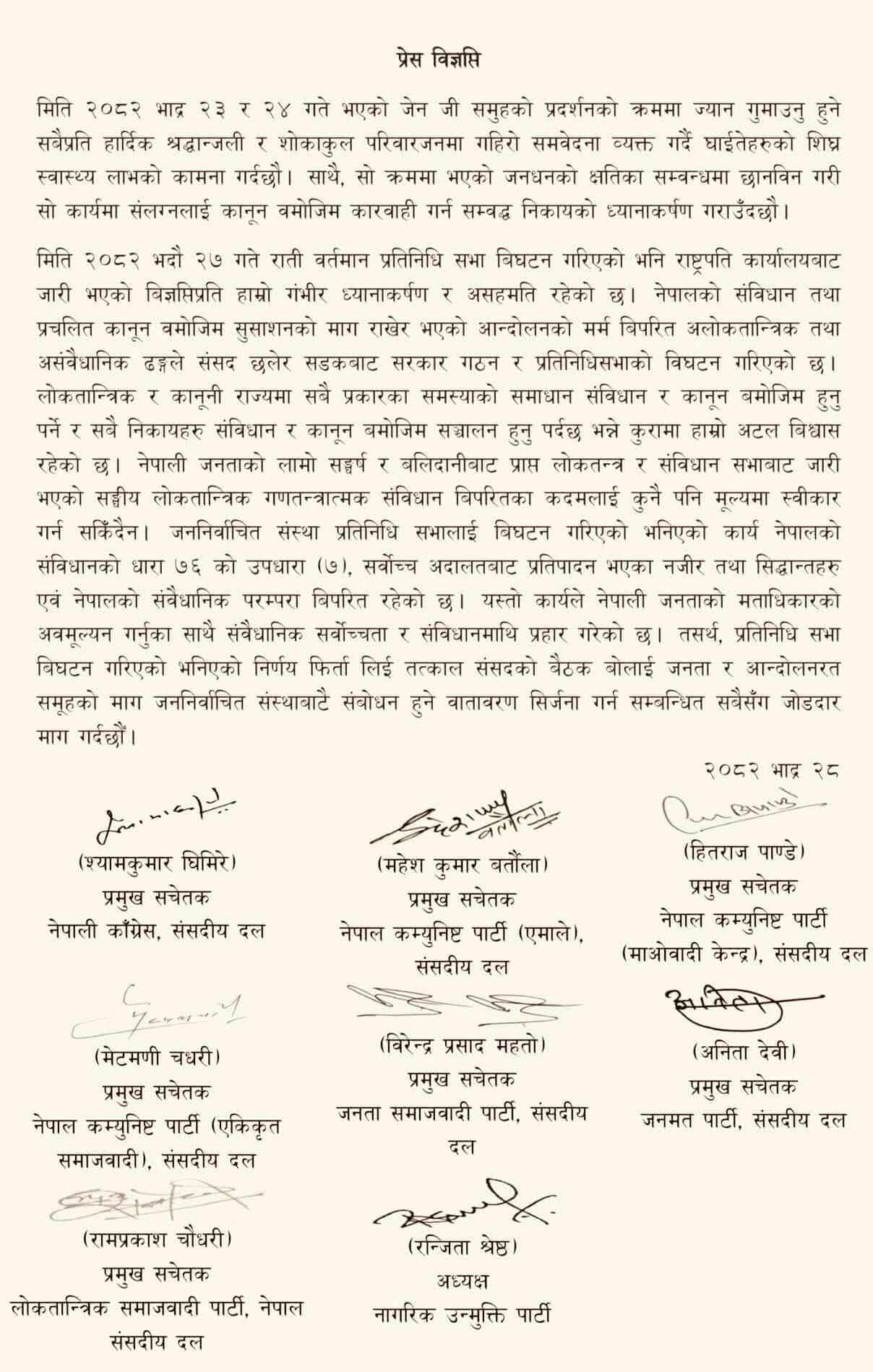




Comments